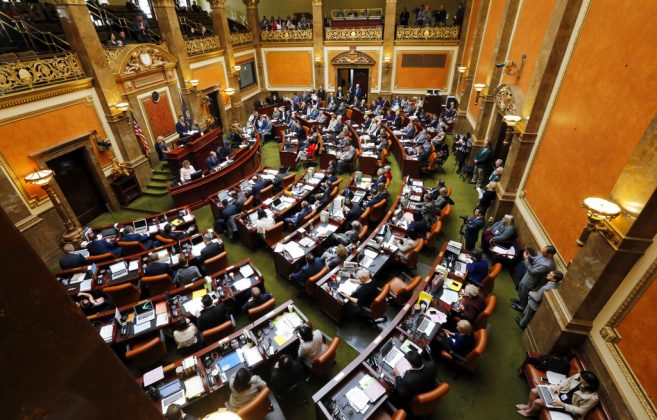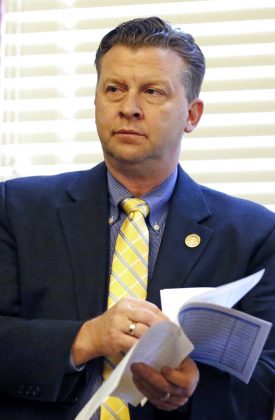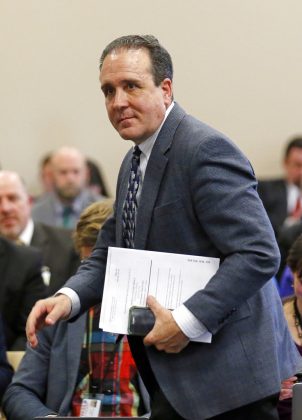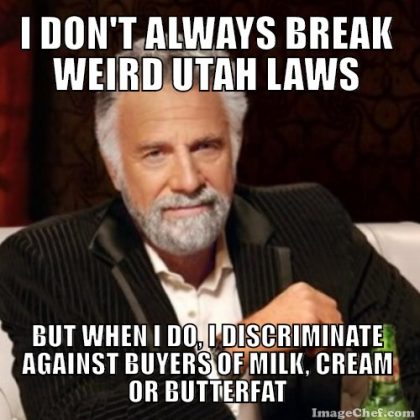You have broken the law if you have ever ridden a bike without holding on to the handlebars.
At least, that’s according to Utah Code 41-6a-1112, which was implemented in 2005 and states that “a person operating a bicycle or moped shall keep at least one hand on the handlebars at all times.”
This Utah law is one of several that may seem strange or extreme at face value.
BYU political science professor Adam Dynes said these types of laws are sometimes passed as reactions to current events. He also said that because they don’t affect many people, they tend to be forgotten and often stay on the books for years.
“There’s a lot (legislators) are doing to try to address current concerns, so sometimes things stay on just because they’re focused on adjusting things that their constituents care about right now,” he said.
Other laws that may seem strange or extreme include Utah Code 23-18-4, which states that landowners may kill beavers “whenever it is apparent that beavers are doing damage to, or are a menace to, private property”; Utah Code 76-6-105, which lists penalties up to a first degree felony for causing a catastrophe; Utah Administrative Code 5653-5, which states it is unlawful “to act or perform services as a weather modifier, without obtaining a license and permit”; and Utah Code 76-10-305, which states that anyone who discriminates among buyers of milk, cream or butterfat is guilty of a class B misdemeanor.
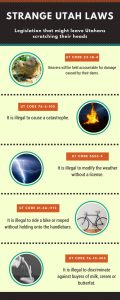
However, some laws make more sense in context, such as Utah Administrative Code 5653-5. This law regulates cloud seeding, the use of chemicals to make precipitation more likely. In addition, Utah Code 76-6-105 defines a catastrophe as “widespread injury or damage to persons or property” by weapons, explosives, fires or other destructive forces, and Utah Code 76-10-305 makes having monopolies or crushing competitors more difficult.
A more recent example of this is a dropped bill that proposed naming a 631-mile Utah National Park Highway after President Donald Trump. Dynes said this bill may have seemed strange because Trump reduced the size of the Bears Ears National Monument, but the proposed bill makes more sense when considering those who were unhappy with the Bears Ears expansion under former U.S. president Barack Obama.
“Even that one, where it might seem a little strange, you can see why there’s a law behind what these legislators are doing,” Dynes said.
Dynes, who researches legislative behavior with an emphasis in representation, said people sometimes expect legislation to pass quickly on a national level simply because the president and the majority of Congress belong to the same political party; however, differences in opinion occur because each lawmaker represents the interests of different districts and states.
“It’s like herding cats in a way,” he said.
To learn more about how bills become laws on a national level, check out this video from YouTuber Gabriel Hernandez:


